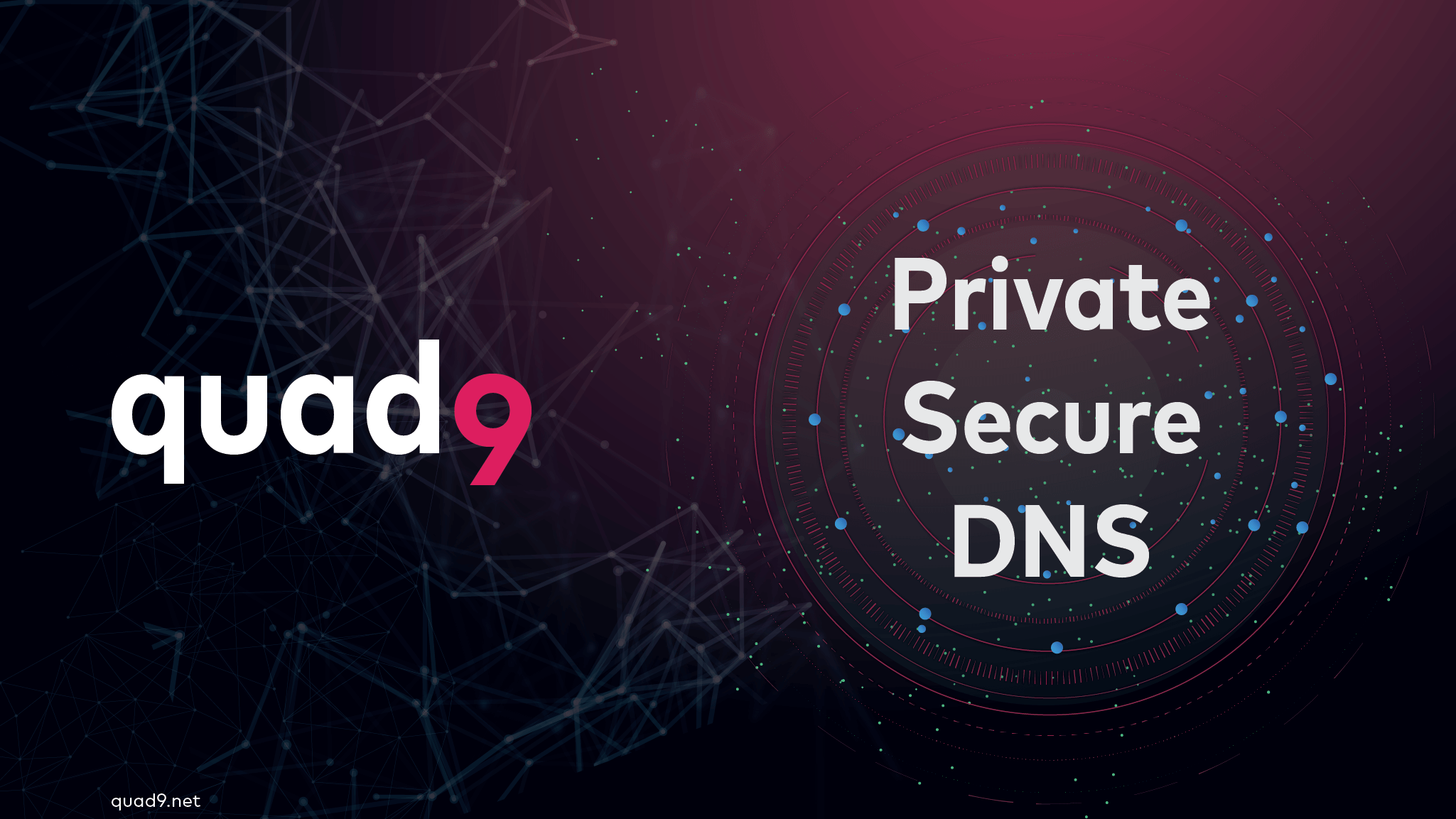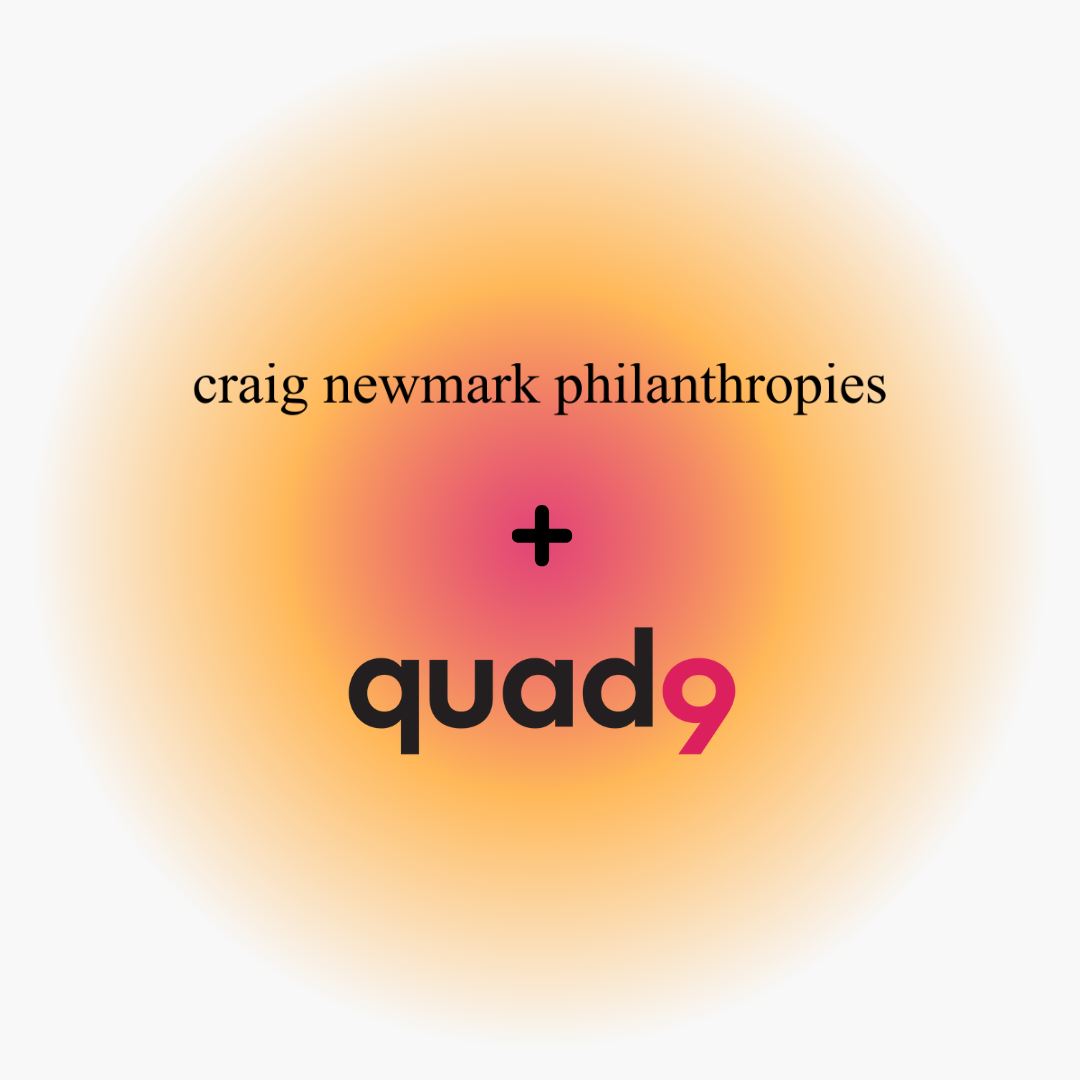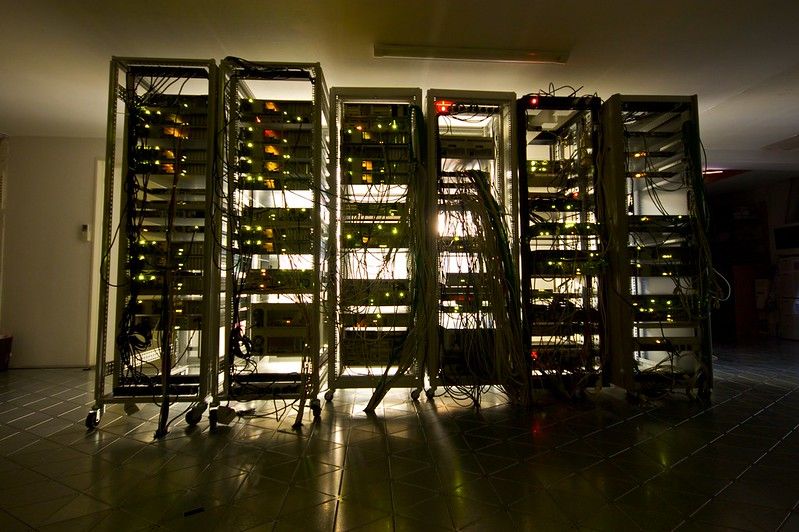Quad9 Files Official Objection Opposing Sony Music’s German Court Ruling

The History
In June, Quad9 was served with a notice from the Hamburg Germany court (310 O 99/21) stating that Quad9 must stop resolving certain domain names that Sony Music GmbH believed were implicated in infringement on properties that Sony claims are covered by their copyrights. Quad9 has no relationship with any of the parties who were involved in distributing or linking to the content, and Quad9 acts as a standard DNS recursive resolver for users in Germany to resolve those names and others. Due to Switzerland being a signatory on the Lugano Convention (as are all EU and EFTA nations) there is the ability for German-based organizations to raise claims across national borders on civil issues such as copyright for organizations residing in Lugano convention signatory nations.
A brief overview of Quad9: We are a Swiss-based non-profit foundation that provides free DNS recursive resolution, with optional added malware blocking. We do not have a sign-up process and the service is provided at no cost. Our systems are used by our estimated end user base of tens of millions, which represent individuals, schools, ISPs, government agencies, and other networks who rely on us for basic cybersecurity protection. We provide service from systems physically located in most nations in Europe, and around the world in more than 180 sites and 92 countries. Our service optionally blocks malware and phishing sites based on lists we receive from a number of threat intelligence partners. We block no content based on anything other than potential harm to the end user, and we apply these protections equally to all users in all locations. Our service neither collects nor resells any personal data as data privacy is a key part of our mission to improve security, personal privacy, and performance of the internet.
Quad9 does not condone copyright infringement and supports artists and rightsholders in their ownership of content and prevention of abuse. However, we strongly believe that recursive DNS is the wrong place to try to apply legally mandated controls, and is at best incorrect, and at worst may be contradictory to the safety of end users as well as damaging the stability of and trust in the global internet.
In this action, the site that is demanded to be blocked is not directly housing the infringing content – it is merely a collection of links that point to other sites which contain the content for download. It seems to our view that this extreme distance from the actual infringing party is highly concerning, as any precedent made with this court proceeding is broad enough to apply in a significantly large number of technical environments, not just those involving DNS.
The Objection
The objection we are filing against the injunction is extensive with many procedural and jurisdictional arguments, all of which we believe are valid reasons for dismissal or which support those reasons. In addition to the finer points of the legal discussion (but no less important) are the core reasons that we believe this motion should be negated, and which apply outside the scope of this particular case:
-
DNS recursive resolution service providers like Quad9 should be protected from liability for third-party copyright infringements under the German Telemedia Act and the EU’s E-Commerce directive.
-
Access providers enjoy legal protections and since almost all access providers also provide recursive DNS resolution, these protections would be entirely eroded if rights holders could attack access providers in their capacity as DNS resolver operators.
-
Quad9 was approached specifically although other parties could be held accountable for the alleged infringement that could take action more easily and more proportionately.
-
Implementing DNS blocking causes an undue burden on Quad9 in legal and technical terms and threatens its business.
-
Private companies should not be able to obtain content blocking injunctions against intermediaries with no possibility for internet users to assert their rights to freedom of information before a court.
-
Security providers like Quad9 should not be forced to change their technical models or product offerings across international borders or in jurisdictions where contradictory standards may be applied.
We believe this ruling is disproportionally applied and creates conditions that harm the economic and security interests of the DNS operator, the citizens and nation of Germany, and the EU.
Again, these are not the only reasons we believe the case should be dismissed, but these are issues that are more interesting at a high level to both citizens and members of the internet services industry. For a complete understanding of each of these points and others, please read the full text of the objection text (links below in both English and German) as well as a set of frequently-asked questions here.
Why Should You Be Concerned?
If this action is left standing, and Quad9 does not prevail, we believe this may create a particularly dangerous condition for European citizens and for companies or organizations doing business in Europe that are in any way involved in any component of security services for end users or infrastructure. This case is not just relevant for DNS recursive resolvers and their users – any service or software that can inspect and influence any part of an internet transaction between and end user and any content origin should be concerned with the result. Web browsers, anti-virus software, firewalls, spam filters, email clients, VPN providers, and many other intermediate software and infrastructure components too numerous to list are implicated as potential next targets, as their positions look extremely similar to that of recursive DNS providers in information flow diagrams.
Under German law, the costs of cease-and-desist letters must be borne by the addressee if the addressee does not comply with the request of e.g., a rights holder based on an informal notice. We anticipate that a lot of – particularly smaller – operators will just implement blocks to avoid the risk of costs or even court cases. If this case remains to be successful for the rights holder, we anticipate the flood gates to be opened and more notices from rights holders to be sent – be it justified or not. This will eventually lead not only to overblocking, but to a risk for freedom and diversity of speech.
In order for users to trust the internet and the services delivered by service providers, there must be the understanding by end users that there is transparency and fairness in how content blocks are applied. There should also be the understanding that legal pressure is applied to the appropriate locations where infringing actions take place, and not to arbitrarily distant technology models which are inappropriate or ineffective in addressing the legal requirements.
There is no obvious end point to the arguments presented in this case as to the methods by which the entertainment industry could interfere with content they claim is infringing. Citizens should be alarmed at this prospect and the eventual effects on their rights and on what the pressures will be on companies who wish to avoid the entanglements of such broad rulings.
Current Status
At the moment, Quad9 has implemented a “hack” to block those sites as per the wording and timing of the court order – we are in compliance, though we disagree with the ruling. The blocking method is applied only to our systems located in Germany and applies only to what we believe are clients originating from German IP addresses. The Quad9 platform was not designed for targeted, jurisdictionally based blocking, so this specific blocking causes higher load for those systems. We have brought more resources online to try to offset the costs of the blocking, but this detracts from our stated mission goals.
Next Steps
It may be coincidental that Quad9 was the first of many thousands of German DNS recursive resolver servers targeted for legal action, but our non-profit status and small size make it especially challenging for us to mount a significant legal defense without external assistance, particularly as we expect this case not to end in this instance. There is a stated intent by the entertainment industry to take next steps to expand the number of sites blocked, and to convince Internet access providers (and we would assume other service provider or intermediary services) to “voluntarily” accept these blocking decisions without recourse, in an effort to avoid costly legal disputes.
Since our announcement of the ruling, we were served in late June, we have been encouraged with the support we have received from civil rights organizations, industry peers, and individuals who are motivated by this news to talk to us or help in some way.
We are pleased to see how the community has responded thus far, and we hope to expand the awareness of the case and its importance - we welcome the help. We are especially grateful to the Gesellschaft für Freiheitsrechte (GFF) for assisting our amazing legal team with research and advice, as well as providing support for some court costs. We have also received support from eco, the German-based Association of the Internet Industry. The GFF has summarized the case in their words on their site. Our legal team at Rickert.Law have been working diligently to respond to the action, and we would like to thank them for their tireless work and excellent research in conjunction with our other legal supporters. We are excited to have had such excellent response to our initial announcement of the action and to count GFF and eco as supporters, but we are far from where we need to be to continue to push back against this ruling as effectively as is required.
How Can You Help?
The number of organizations who truly represent the best interests of the internet’s end users is very small, and we count ourselves as members of that group. We need your support in the form of funding to cover our legal expenses and shield us from additional court costs that may result as an outcome of various judgement and legal team compensation as this process unfolds. We have a strong case, but we need help to bring it to completion while deflecting the impact on our ability to continue to offer our privacy and security services.
If you are an individual: Quad9 relies entirely on sponsorship and support from individuals and companies who believe in our mission, and who benefit from our protection of end users. We need resources to fight this ruling, and to continue our mission of providing security and privacy to end users. Your comments on social media to amplify the awareness of this issue and engage in civil discussion on the topic are welcome. Please help by donating.
If you are with a company: We are communicating with others in related industry areas who have a stake in this judgement. If you represent a company whose business is at risk or whose end users could next be targeted for unwilling content filtering, we are interested in collecting letters of support. This may not have any direct bearing on our case, but we hope that the visibility and concern of industry inside of Germany and worldwide will be seen by policymakers in the hopes that a more clear delineation can be made to protect the free internet from unwarranted and ineffective censorship. Get more information about letters of support and the specific ways Quad9 wants to work with others in related sectors to collect letters of support as well as operational support. Partners and funding are critical, and donations or support may be well-invested time or capital if your company is at risk from this ruling.
To learn more, please read these frequently asked questions about this case.
Complete Objection Filing PDF - English - machine translated
Complete Objection Filing PDF – German (original)

